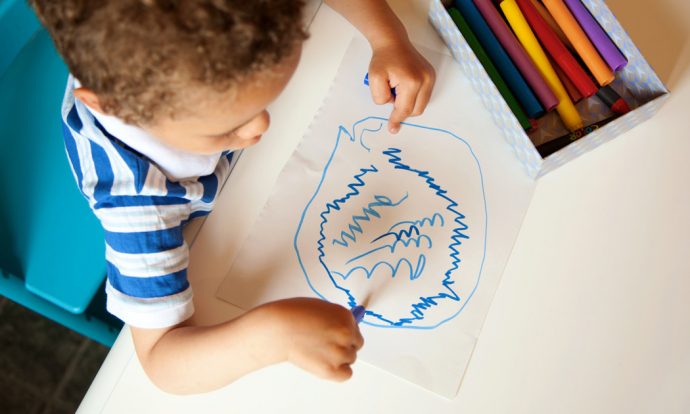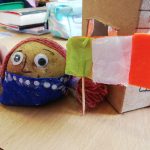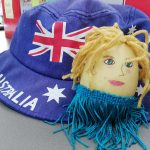The potato people and I are delighted to introduce you to the world/community of Potatoes for Peace.
So, what is Potatoes for Peace?
Potatoes for Peace is a charitable organisation which helps primary school children to understand and appreciate cultural, racial and religious differences in a fun, educational and creative way.
Why was Potatoes for Peace created?
Addressing an urgent need
In certain regions there exists a gulf of understanding between different cultures, religions, races and communities. Mixed with conflict, prejudices and negative stereotypes can start from a young age in children– Now more so than ever.
Children are very much a product of their environment and can build up prejudice and negative stereotypes from an early age. Often this can act as the foundation for intolerance and conflict later on. If we wish to create a culture of peace we need to think about the prevention of conflict in the first place; in the same way as we would implement any preventative public health measure – By considering peace education and peace building.
Through Potatoes for Peace, each child is given a customised toolkit and with the assistance of their teacher creates their own ‘potato person’ who is different from themselves. Each potato is given physical characteristics, such as appearance, attire, a persona and internal characteristics such as a name, personality, occupation, hobby and aspirations.
Each child assumes responsibility of their potato person for one to two weeks, during which time the potato person ages and wrinkles just like a real person and becomes the child’s Potato friend. During this process, the teacher and children in school follow an intensive specially designed curriculum, which acts as an entry point for covering the class discussions that can be used to question stereotypes in a sensitive manner.
Although Potatoes for Peace is fun and creative and perhaps half-baked; the objective is serious and is underpinned with a rich pedagogy and curriculum developed in collaboration with teachers, locally and internationally. Through initial pilots in schools, 98% of children who participated liked and learnt from the programme which cultivate creative thinking, empathy and acceptance.
The Potato people have so many exciting ways to create peace, in different guises, locally and globally but we need your support and commitment.
On this website you will find information about Potatoes for Peace, rationale, photos, testimonies and the latest content.
So please join us on our journey with Potatoes for Peace
Dr Sima Barmania – Founder of Potatoes for Peace
“If we are to teach real peace in this world, and if we are to carry on a real war against war, we shall have to begin with the children.” – Mahatma Gandhi







All comments (1)
frederic
"We can cultivate an environment of peace by helping people to understand the ‘other’ '' - Sima Barmania. :-)
Reply